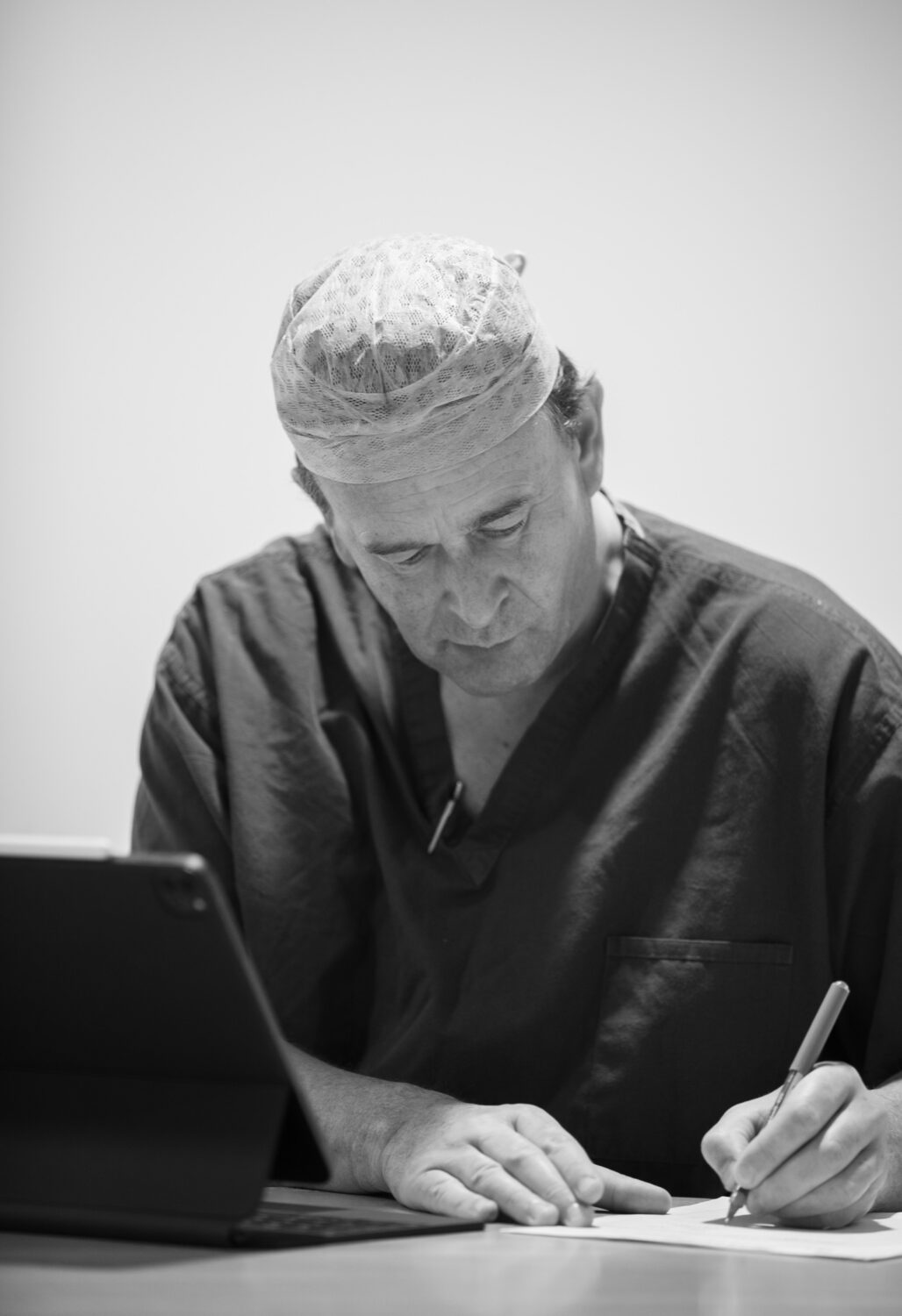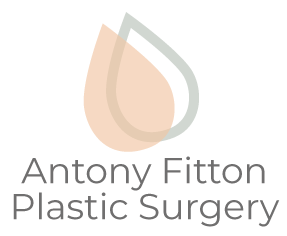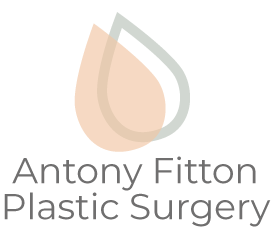email: info@antonyfitton.co.uk
call: 07494 250277
Plastic surgery includes physical as well as psychological complications.
Hematoma, scarring, blood loss, nerve damage, infection, deep vein thrombosis, seroma, etc. are all common complications that can occur when undergoing plastic surgery.
In some cases, anaesthesia complications can also be seen. As you know, going under the knife is very daunting, however we’re here to make it as easy and as stress-free for you as possible.
By now, you have probably made the decision to explore further how having plastic surgery might affect you.
If you are planning to have plastic surgery, it is very important for you to know and understand the pros and cons of the surgery.
Listed below are the most common side effects of plastic surgery:
Hematoma
A hematoma or bad bruise, is a localised bleeding outside of blood vessels, due to either disease or trauma including injury or surgery and may involve blood continuing to seep from broken capillaries. A hematoma is not usually a cause for concern.
It may occur among, or within many areas such as skin and other organs, connective tissues, bone, joints and muscle.
In the majority of cases, movement and exercise of the affected muscle are the best ways to introduce the effected area back into the bloodstream. Hematomas of the skin and soft tissue, such as muscle, may be treated with rest, ice, compression, and elevation. Heat may also be considered.
Watch closely for changes in your health, and be sure to contact your GP if:
- The bruise lasts longer than 4 weeks.
- The bruise gets bigger or becomes more painful.
- You do not get better as expected.
Scarring
A scar is the body’s natural way of healing and replacing lost or damaged skin and a scar is usually composed of fibrous tissue and can feel slightly thick, lumpy, raised or sunken.
The final look of a scar depends on many factors, including skin type, location on the body, direction of the wound, type of surgery, age of the person, and his or her nutritional intake.
Scars usually fade over time. Makeup can help cover the scar while it is healing. Some scars can be minimised by certain dermatological techniques. However, treatment can only improve the appearance of a scar; it cannot completely erase it.
Blood loss
During operations, most patients will lose some blood. Your surgeon and anaesthetist will aim to minimise the blood lost in order to reduce the problems you may face during and after the operation.
Nerve damage
Nerve damage is a serious complication that anyone considering plastic surgery must be aware of.
Nerve damage includes an array of symptoms, from sensory nerve deficits (numbness and sensation) to motor nerve deficits (weakness or paralysis of certain muscles).
Nerve damage can occur with any plastic surgery procedure. Most nerve damage will recover without treatment within six months to a year. In some cases, it can take two to three years for complete recovery.
As nerve function returns, you may experience itching, shooting pains, or electrical shock sensations.
If the nerve is severed, then numbness and the inability to move the affected muscle are permanent. Surgery is required to restore function in these cases.
Infection
Infection is always a potential risk after any type of surgery, and plastic surgery is no exception.
The skin provides a natural barrier against bacteria that can cause infection, any opening in the skin can leave the door wide open for unwanted bugs to develop. In the majority of cases, the body’s own defence mechanisms will step in and destroy any infections.
Deep vein thrombosis
Deep vein thrombosis (DVT) is a major risk for plastic surgery patients.
Developing blood clots of deep vein thrombosis (DVT) is at the top of the list of every surgeons nightmare, even for minor surgical procedures.
It is even possible for the clots to break off and travel to another part of the body, such as the lungs. This is called a pulmonary embolism, or PE and it can be fatal.
Patients undergoing an abdominoplasty are at a significant risk of death due to pulmonary emboli.
Risk assessment is the basis for prevention of thromboembolic phenomena. Any procedure that requires general anesthesia and a recovery period can increase the risk for DVT.
Seroma
A seroma is a straw-coloured fluid that can collect under the skin and can occur after an operation. It can occur when tissue is removed from the body during an operation leaving a space which sometimes
fills with fluid. This space gets filled with scar tissue but until this occurs the seroma can collect.
The body will often re-absorb the fluid itself without any intervention, but this may take weeks to months to resolve.
Summary
Whatever the motivation, the decision to undergo plastic surgery should never be made lightly — you must always review the potential risks and rewards.
While the risks of plastic surgery do vary from one procedure to another, certain risks are common to all surgery. Be sure that you go into surgery in the best health possible by taking care of yourself, and don’t let your desire for the surgery overshadow any serious health considerations.
Start by making sure the surgeon you work with is fully qualified and experienced.
The General Medical Council (GMC) and the British Association for Aesthetic Plastic Surgeons (BAAPS) advises looking for a plastic surgeon who is certified.


About your Plastic Surgeon: Mr Antony Fitton
MB, BS(hons)., MD., FRCS(eng)., FRCS(plast).
Mr Antony R Fitton qualified at the Royal London Hospital in 1989 with distinction in Surgery. He holds a MB, BS(hons)., MD., FRCS(eng). and FRCS(plast). (Fellowship at the Royal College of Surgeons).
He is a member of BAPRAS (British Association for Plastic, Reconstructive and Aesthetic Surgeons), BAAPS (British Association for Aesthetic Plastic Surgeons), BSSH (British Society for Surgery of the Hand).
Mr Fitton has received the Paton & Masser Award and the CM Matthews Award from the Royal College of Surgeons of England or his research in nerve injury.
Mr Fitton is licensed as Plastic and Reconstructive Surgeon by the GMC.
A big thank you
"I would just like to say a big thank you, to you Leanne, Mr Fitton and all the nurses that I encountered during my stay in hospital and at my pre/post op appointments. You've all been very lovely and provided an amazing service.’"
Anon
PatientLife-changing result
"I just wanted to thank you (and your team) for the life-changing result of my top surgery. This will provide me with the freedom that I’m excited to enjoy, including being able to go swimming and actually staying cool in summer! All jokes aside, you have helped to mark a new chapter in my life, for which I am incredibly grateful… ALL the best."
J
PatientExpertise, huge care and attention
"Thank you so much for your expertise, huge care and attention. I am thrilled with the results!"
LH
PatientOur Services
Our appearance has an impact on how others perceive us. We are experts in creating an improved version of you. Click on a procedure below for more information.
Body surgery (or contouring) can involve all or one of the following, with prime focus on areas such as the buttocks, tummy, thighs, arms, and breasts. Click on the links below for more information.
There are several different types of hand surgery but all aim to restore functionality while making the hand look as normal as possible. Click on the links below for more information.




